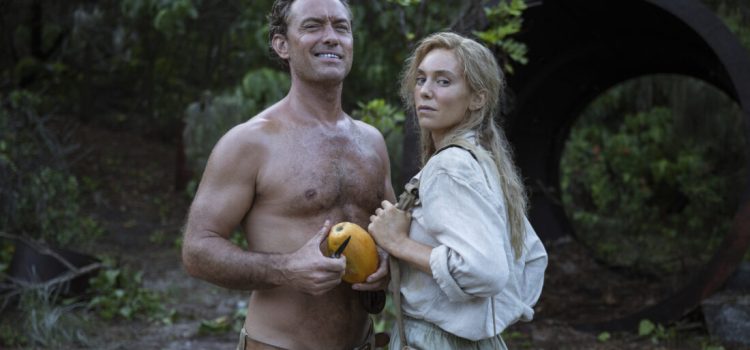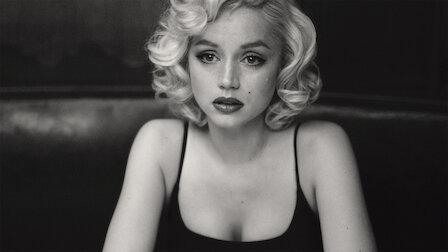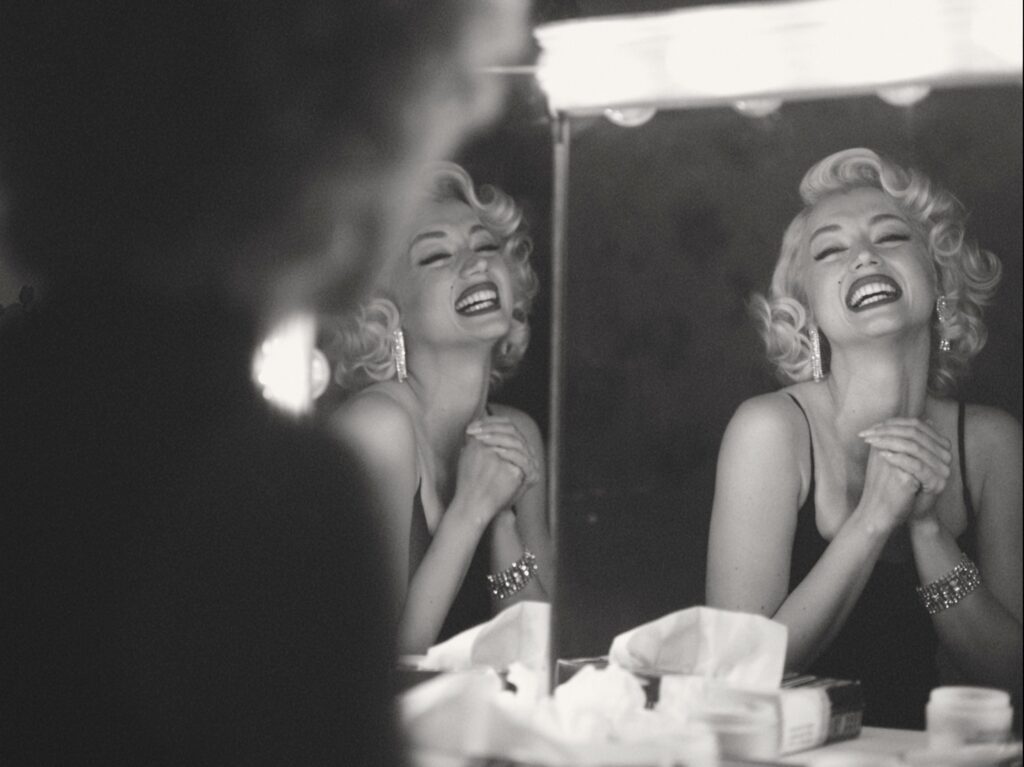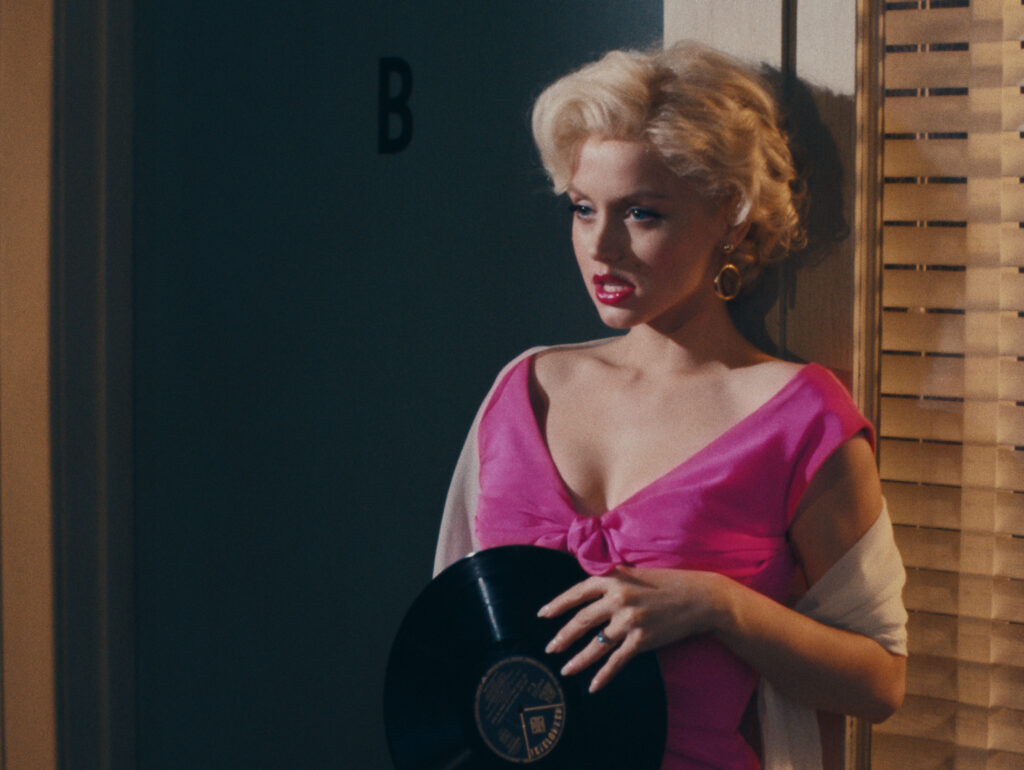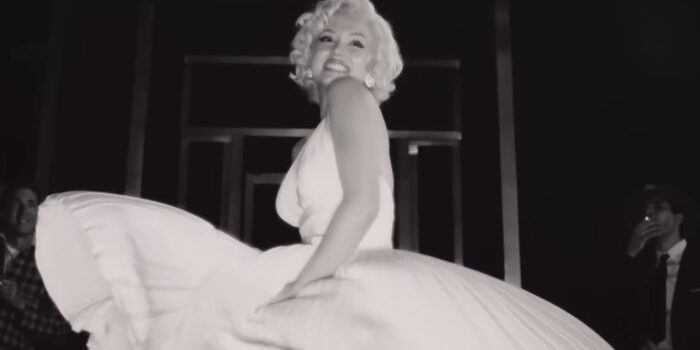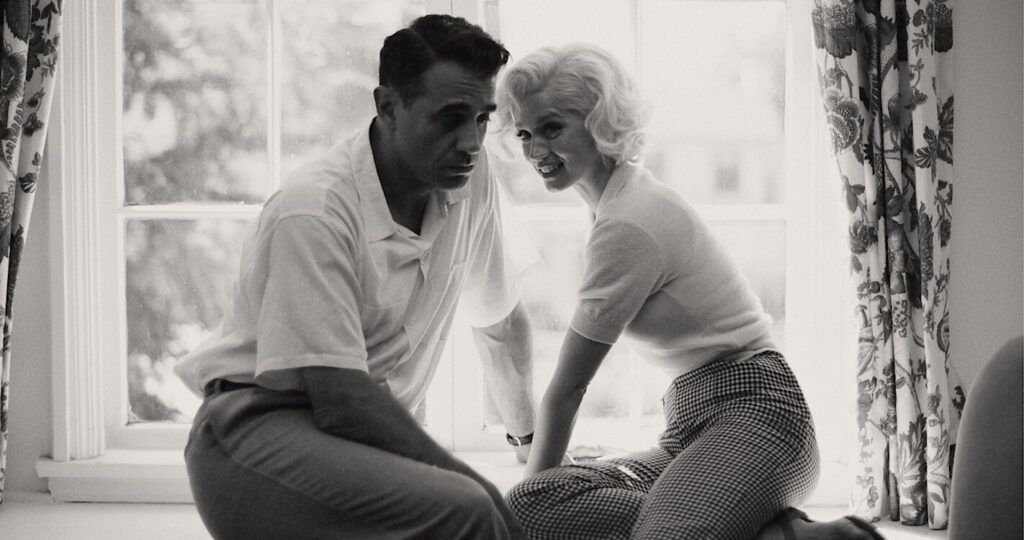By Lynn Venhaus
A dour, dismal retelling of a 1930s island utopia that goes horribly awry, “Eden” is supposed to be high-stakes drama where people build a better society, but it turns comical– not in a good way — then the inevitable blood-spilling happens.
Based on a factual account of a group of outsiders who settle on a remote uninhabited island only to discover their greatest threat isn’t the brutal climate or deadly wildlife, but each other. They abandon modern society in search of a new beginning.
Jude Law, Ana de Armas, Vanessa Kirby, Daniel Brühl, and Sydney Sweeney see their utopian dream unravel as tensions mount and desperation takes hold. Facing a brutal climate, deadly wildlife, and lack of resources, the colony descends into chaos when a twisted power struggle leads to betrayal, violence and deaths.
Worst of all, Ana de Armas and Vanessa Kirby, two Oscar-nominated actresses, are at their worst, with ridiculous over-the-top performances. Jude Law is not that much better as an increasingly unhinged doctor-turned-philosopher.
It was an embarrassment for the whole cast but faring better were a nearly unrecognizable Sydney Sweeney and sturdy German actor Daniel Bruehl, who worked with director Ron Howard on “Rush,” but it’s not their task to carry the whole film.
Bruehl’s accent is authentic – the others, not so much.
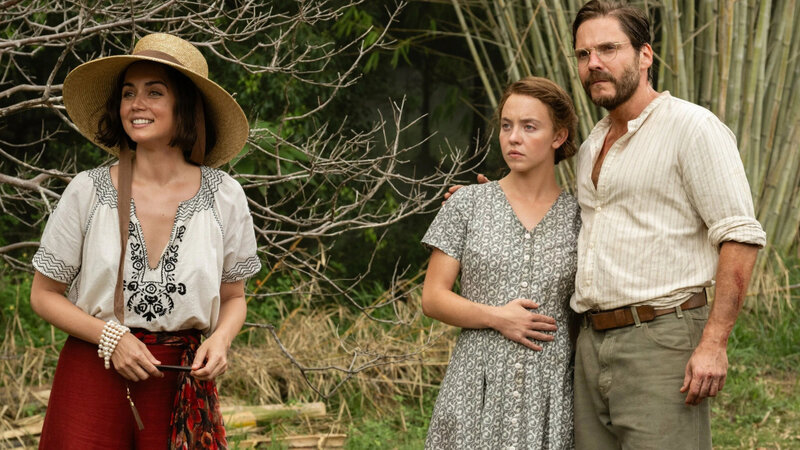
Sadly, most of this lethargic film is painful to watch for 2 hours and 9 minutes. Because these people don’t want to be on the island with each other, why should we invest ourselves in their drama?
Based on a true story, director Ron Howard’s misfire unfortunately doesn’t give us a clear point of view because he took two conflicting published accounts of what happened and tried to blend them. He co-wrote the screenplay with Noah Pink, and the result is confusion as to what really occurred — and provides few answers.
Disillusioned Dr. Friedrich Ritter (Jude Law) and his equally peculiar wife, Dora Strauch (Vanessa Kirby), left civilization behind for Floreana in the Galapalos Islands, a province of Ecuador.
Suffering from multiple sclerosis, Dora hoped the island air would help her physically while Ritter’s radical philosophies are inspiring others with his letter-writing that is being published in Europe. He believes society is doomed and becomes more disturbing as he types his manifesto, obsessed with his crackpot ideas.
That leads to other ‘outsiders’ being lured there, not realizing how hostile the environment would be, and unaware they won’t be welcomed by the disdainful duo.

First to arrive are industrious Heinz and Margret Witmer (Bruehl, Sweeney) in 1932. Hard-working and kind, they are accompanied by Heinz’s obedient son Harry (Jonathan Tittel), who has tuberculosis.
They are good people, but the next to arrive isn’t. Self-absorbed, deceitful and haughty, the ridiculous Baroness Eloise Bosquet de Wagner Wehrhorn arrives with an entourage (lovers). Her goal is to build a luxury hotel on the beach for only millionaires.
She manipulates the men around her, flaunts her hedonistic lifestyle, and treats the Witmer’s as hired help. The detached Ritters dismiss her as a frivolous party girl, until she surprises them with a devious legal maneuver.
De Armas, exerting over-the-top theatricality, schemes, fumes and uses everyone for her own selfish gains. Her soap opera’s villain character becomes tiresome, and her rottenness infects everyone. As an actress, de Armas seems to rely more on her sexuality in films, risking becoming a caricature.
Heinz, who fought in World War I, builds a new life for his family, despite setbacks and de Armas’ sabotage attempts. Margret, a young dutiful homemaker, discovers she is pregnant.
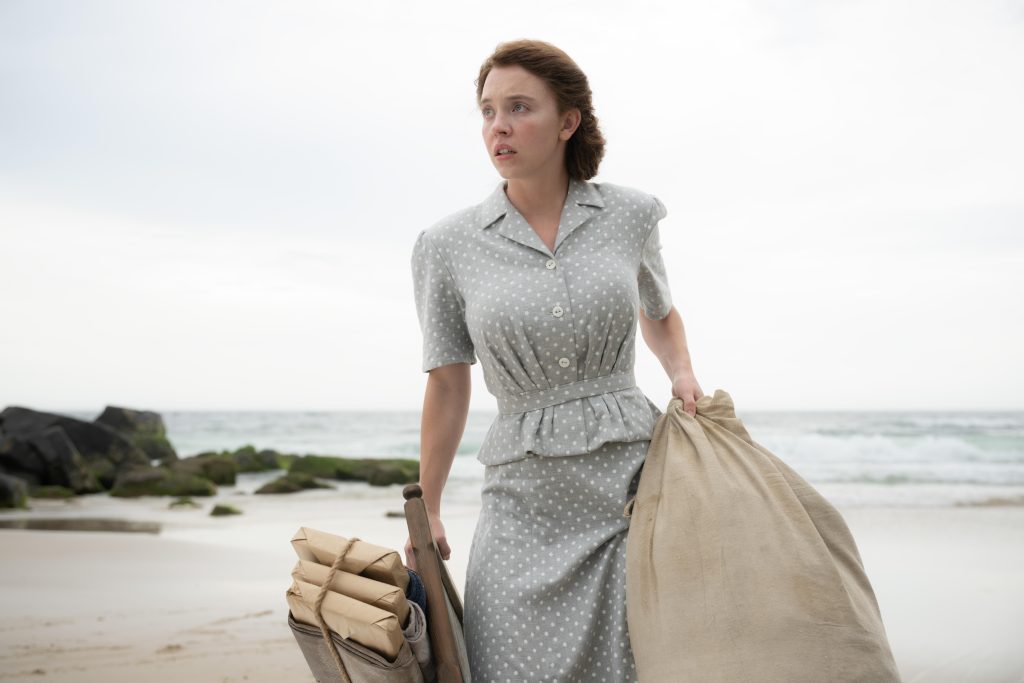
Sweeney has the film’s most physical and harrowing scene as she’s in labor, alone, afraid and surrounded by danger, including a pack of wild dogs. She’s also revealed to be one smart, resourceful woman.
After Law’s impressive performance last year as an FBI agent in “The Order,” he returns to being streaky again with his choices, and here he’s flamboyantly scenery chewing. Spouting Nietzsche and baring all, Law is extremely unlikable as this megalomaniac who believes in his own delusional providence.
Kirby, last seen as the kindly but fierce mother figure Sue Storm in “Fantastic Four: First Steps,” adds aloof bitter shrew to her repertoire.
Shot in Australia, the film premiered at last year’s Toronto International Film Festival and is being released now.

This disappointing effort from Howard joins his other misses, “Hillbilly Elegy” in 2020, “In the Heart of the Sea” in 2015, and “The Dilemma” in 2011.
The story gets darker and drearier, no thanks to Hans Zimmer’s dirge-like score nor Mathias Herndl’s stark cinematography. As the film disintegrates along with the characters – each seem to be in their own different movie – it hints at a “Lord of the Flies” scenario.
The pace, already sluggish, becomes interminable with the inevitable showdown and wrap-up. “Eden” is a disastrous survival story that has little optimism. I’d want to be voted off the island immediately.
“Eden” is a 2024 psychological thriller directed by Ron Howard and starring Jude Law, Vanessa Kirby, Ana de Armas, Danel Bruehl, Sydney Sweeney, Felix Kammerer, Richard Roxburgh, Jonathan Tittel, and Toby Wallace. It is rated R for some strong violence, sexual content, graphic nudity and language,.and its runtime is 2 hours, 9 minutes. It opens in theatres Aug. 22. Lynn’s Grade: D

Lynn (Zipfel) Venhaus has had a continuous byline in St. Louis metro region publications since 1978. She writes features and news for Belleville News-Democrat and contributes to St. Louis magazine and other publications.
She is a Rotten Tomatoes-approved film critic, currently reviews films for Webster-Kirkwood Times and KTRS Radio, covers entertainment for PopLifeSTL.com and co-hosts podcast PopLifeSTL.com…Presents.
She is a member of Critics Choice Association, where she serves on the women’s and marketing committees; Alliance of Women Film Journalists; and on the board of the St. Louis Film Critics Association. She is a founding and board member of the St. Louis Theater Circle.
She is retired from teaching journalism/media as an adjunct college instructor.

